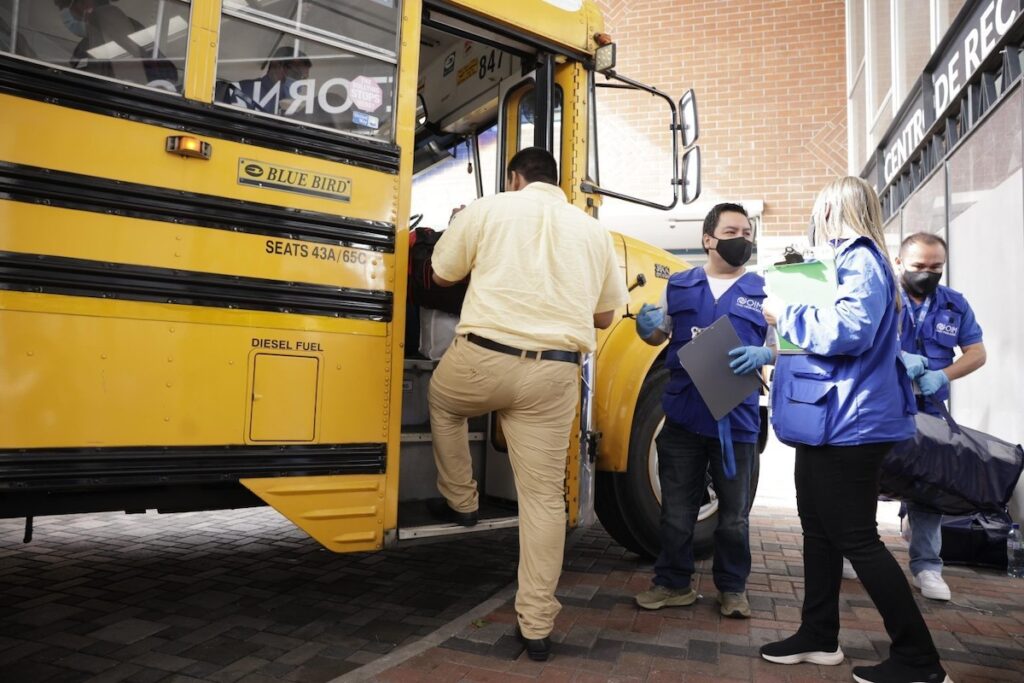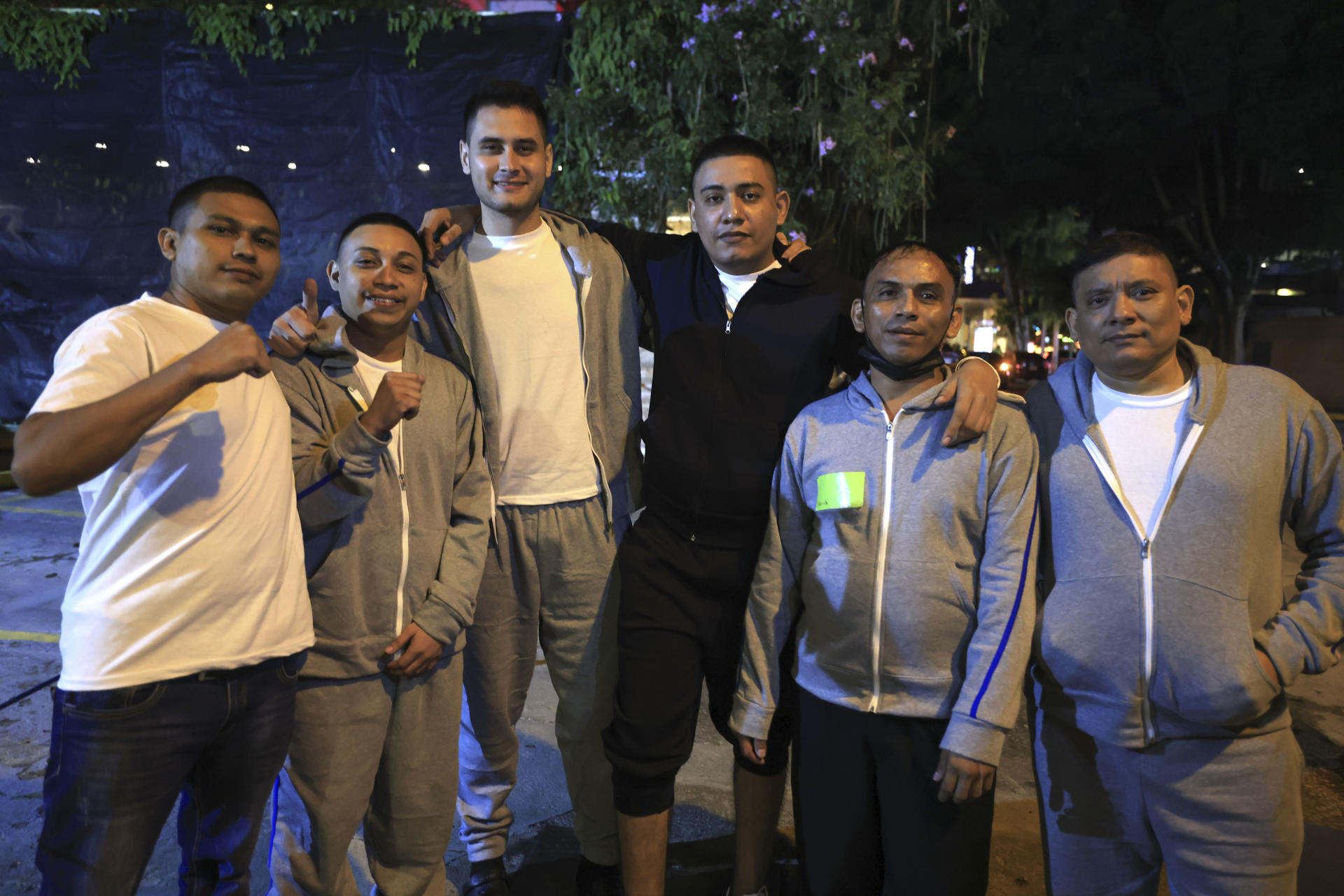More than 40 political prisoners exiled to Guatemala, who remain in the country, are facing uncertainty after their financial aid, housing, healthcare services, and other forms of support provided by organizations such as the United Nations Refugee Agency (UNHCR) and the International Organization for Migration (IOM) ran out.
UNHCR informed them that the last financial assistance—an average of just over $300—would be disbursed on January 31. Some had planned to pool their money to rent shared rooms. Nearly 70 people are affected by this situation, including family members who traveled to Guatemala to reunite with the exiled prisoners.
Of the 135 individuals exiled to Guatemala, 74 were approved for resettlement in the United States, including journalist Víctor Ticay, TikToker Cristóbal Geovanny López (known as Tropi Gamer), and professor Freddy Quezada. Nine chose to stay in Guatemala, while seven relocated to Costa Rica. About 45 people were denied resettlement and remain in Guatemala, trapped in a migration limbo.
The U.S. resettlement program was offered just hours after the 135 political prisoners were exiled to Guatemala on September 5, 2024. Guatemala’s Ministry of Foreign Affairs announced that the exiled individuals would have 90 days to regularize their migration status while deciding whether to apply for the U.S. government’s Safe Mobility program or seek other alternatives.
No Resettlement, No Assistance

Divergentes | Archive.
However, the program was suspended on January 20, when President Donald Trump took office and redirected U.S. immigration policy. He also cut international cooperation funds, meaning the exiled individuals in Guatemala no longer have access to U.S. assistance programs.
The U.S. denied resettlement to most of the exiles due to “lack of credibility” in their testimonies and the fabricated charges brought against them by the Ortega-Murillo regime.
Lester Solís, one of the exiled individuals, told Onda Local that his interview with UNHCR was friendly, but those with IOM and immigration agents felt like interrogations. “It didn’t feel like an interview, but more like an interrogation—they were pushing us to incriminate ourselves,” Solís said.
In recent weeks, the exiled individuals have met with civil and religious organizations to seek assistance, particularly for housing and food.
Guatemala and Spain as Possible Options
In response to their situation, UNHCR and Guatemalan immigration authorities suggested that they formally apply for asylum in Guatemala to receive financial aid, gain some protection, and obtain a work permit. However, many of the exiled individuals believe the economic opportunities in Guatemala are too limited to support their families.
“UNHCR is basically forcing me to apply. If we don’t, we won’t get support from anywhere. We have to accept refugee status here because we have no other options, but it’s tough to think that Guatemala is our only choice,” Carlos Molina, one of the exiles, told Con Criterio.
Another, longer-term option is obtaining Spanish citizenship. A month after the 135 Nicaraguans were exiled to Guatemala, the Spanish government announced that they could apply for Spanish nationality, just as other Nicaraguans who were stripped of their citizenship by Ortega and Murillo had done.
Spanish Foreign Minister José Manuel Albares reiterated that this offer was similar to the one made in 2023 for Nicaraguans who lost their nationality, and he clarified that it also extends to their family members.
“My plan is not to stay in Guatemala. I’m not trying to speak badly about the country, but financially, I won’t be able to save money or support my daughter. The wages and living conditions are basically the same as in Nicaragua,” Molina said.
Moving to Spain would also require covering travel expenses. One of the exiles, Sergio Mena, managed to pay for his own flight and is now in Spain.
Since being rejected by the U.S., several exiles have sent emails to begin the Spanish citizenship process. Nelly López, one of them, has already completed forms and undergone interviews at the Spanish embassy in Guatemala. Unlike her experience applying for resettlement in the U.S., López is hopeful that this time, she will secure Spanish citizenship.





